
Botswana Culture
Botswana's culture is rich, diverse, and deeply rooted in its history, traditions, and indigenous heritage. The country is home to multiple ethnic groups, each with its unique customs, languages, and cultural practices.
Overall, Botswana's culture is a dynamic tapestry of tradition and modernity, shaped by its diverse ethnic groups, historical legacy, and evolving social dynamics. Visitors to Botswana have the opportunity to immerse themselves in this rich cultural tapestry, experiencing the warmth, hospitality, and cultural heritage of this beautiful African nation.
Here are some key aspects of Botswana's culture:
- Ethnic Diversity: Botswana is inhabited by various ethnic groups, with the Tswana people being the largest ethnic group, accounting for a majority of the population. Other ethnic groups include the Kalanga, Basarwa (San), Herero, and Kgalagadi. Each group has its language, traditions, and cultural identity.
- Language: Learning a few words or phrases in Setswana, the national language of Botswana, can go a long way in showing respect and building rapport with locals. Simple greetings and expressions of gratitude are appreciated by the people you encounter. Language
- Traditional Music and Dance: Music and dance are integral parts of Botswana's cultural heritage, with traditional music and dance forms passed down through generations. Drumming, chanting, and vocal harmonies are common features of traditional music, often accompanied by dance performances that celebrate rituals, ceremonies, and social gatherings.
- Art and Crafts:: Botswana has a vibrant arts and crafts scene, with artisans producing a wide range of handmade products such as baskets, pottery, woodcarvings, beadwork, and textiles. These traditional crafts reflect Botswana's cultural heritage, wildlife, and natural landscapes and are often sold in local markets and craft villages.
- Dress Code While Botswana is relatively tolerant of different clothing styles, it's essential to dress modestly, especially in rural areas and when visiting religious sites or cultural events. Avoid wearing revealing clothing or attire with offensive slogans or imagery. see and learn
- Traditional attire: Traditional clothing varies among different ethnic groups in Botswana, with each group having its distinct styles and designs. Traditional attire may include colorful fabrics, beadwork, and accessories such as headwraps, beaded jewelry, and leather sandals. Traditional clothing is worn during special occasions, ceremonies, and cultural events. Traditional Attire
- Ceremonies and Rituals: Botswana's culture is rich in ceremonies, rituals, and rites of passage that mark important milestones in people's lives. These may include initiation ceremonies, wedding rituals, funeral rites, and traditional healing ceremonies performed by spiritual leaders and elders. Language
- Hospitality and Community Values: Hospitality is highly valued in Botswana's culture, with a strong emphasis on generosity, kindness, and community spirit. Visitors are warmly welcomed and treated with respect and hospitality, reflecting the traditional Setswana values of botho (humaneness) and ubuntu (shared humanity).
- Cultural Sensitivity: Be mindful of cultural sensitivities and avoid topics that may be considered taboo or offensive, such as politics, religion, or personal matters. When visiting rural communities or cultural sites, ask for permission before taking photographs and respect local customs and traditions.
- Conservation and Environmental Stewardship: Botswana's culture is closely intertwined with its natural environment, and there is a deep reverence for wildlife, landscapes, and ecosystems. Conservation efforts are prioritized to protect the country's biodiversity and natural resources for future generations, reflecting the cultural values of environmental stewardship and sustainability.
- Modern Influences: While Botswana's culture is rooted in tradition, it also embraces modern influences from globalization, urbanization, and technological advancements. Urban centers such as Gaborone and Francistown are hubs of contemporary culture, with modern art, music, fashion, and cuisine blending with traditional elements. Modern Influences
- National Identity and Pride: Botswana takes pride in its democratic values, political stability, and economic prosperity, which have contributed to a strong sense of national identity and unity among its people. Botswana's culture celebrates its achievements, resilience, and aspirations for a prosperous future.
1. Botswana Ethnic Diversity
2. Botswana Languages
3. Botswana Traditional Music and Dance
4. Botswana Art and Crafts:
5. Botswana Dress Code
6. Botswana Traditional Attire
7. Botswana Ceremonies and Rituals
8. Botswana Hospitality and Community Values
9. Cultural Sensitivity in Botswana
10. Botswana Conservation and Environmental Stewardship
11. Botswana Modern Influences
12. Botswana National Identity and Pride
Botswana Electronic Visa
This is issued to people who intend to visit Botswana for recreational purposes, or for other short-term non work related purposes. This visa allows entry into Botswana for up to one (1) month and is extendable on justification. The applicant must not engage in any employment while on a tourism visa, or else the visa will be rendered invalid. Get Botswana Travel Visa
 For the most recent updates on travel entry requirements for Africa or any specific country within Africa, please refer to the latest information.
For the most recent updates on travel entry requirements for Africa or any specific country within Africa, please refer to the latest information.
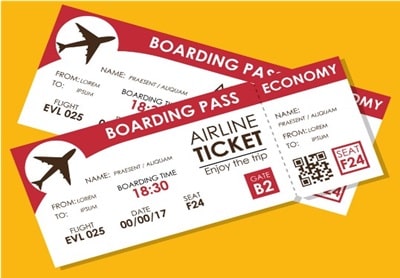
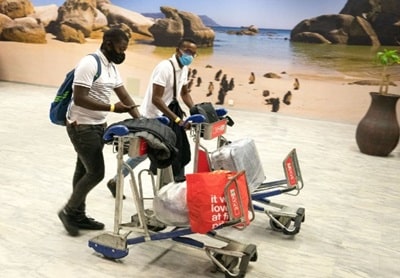

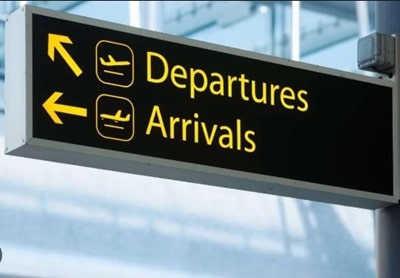
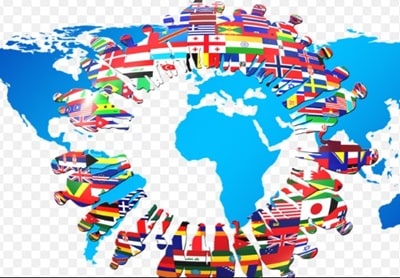

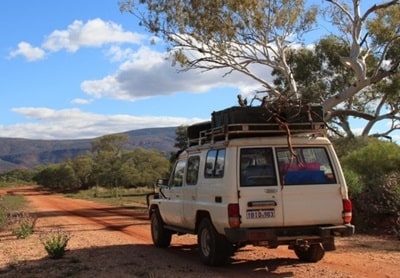
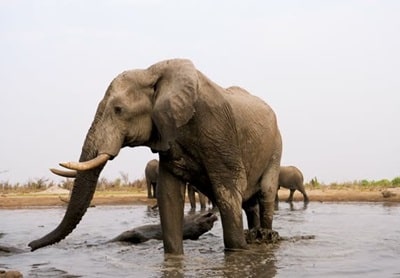




 t
t
 f
f
 I
I